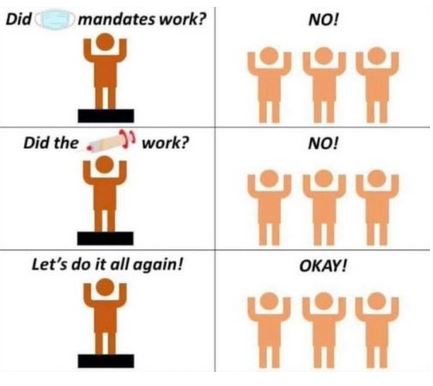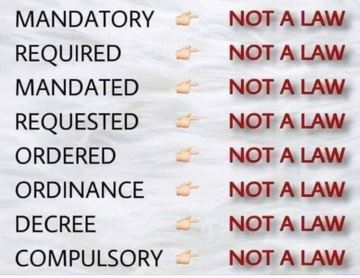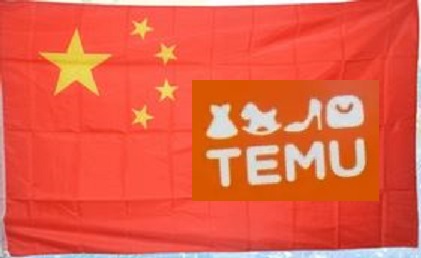You have probably made purchases online from Temu, enticed by the really, really low prices.
Seemingly overnight, everyone’s talking about Temu, an online shopping app full of deals that seem too good to be true. You’ll find $17 wireless earbuds, $1 “gold” necklaces and $23 wedding dresses.
No wonder Temu is the most popular shopping app in the U.S., behind only Amazon. But most of us know little about the app’s origins. Like these apps, it’s tied to China.
I did some digging into whether it’s safe to use. Here’s what I found.
Where did Temu come from?
This app isn’t some fly-by-night operation. Temu (pronounced “tee-moo”) is based in Boston, Massachusetts, by PDD Holdings Inc. PDD is headquartered in Shanghai, China. PDD also owns the e-commerce platform Pinduoduo headquartered in — you guessed it — China. (More on Pinduoduo and its shady app below.)
Over 50 million Americans have downloaded Temu since it launched state-side in September 2022. You might remember its expensive Super Bowl ads promising to let you “shop like a billionaire.”
Searches for terms like “Is Temu legit” surged once Americans saw just how low the prices are. Not surprisingly, you get what you pay for.
What you need to know before using Temu
First, you’re buying goods directly from manufacturers in China and other parts of the world. That’s why shipping times are often much longer than on sites like Amazon. You might get your stuff in a week, but it could be more like 12 days.
For the most part, the prices are low because the goods are cheap. The pictures of what you see advertised may not be what you actually get.
Online reviewers seem to agree: Cheap is nice, but not when the quality is too shoddy to use. Temu’s BBB rating is 2.21/5. Reviews at TrustPilot are interesting, with 38% 5-star reviews and 41% 1-star reviews.
But that’s not the worst of it. As you shop, Temu collects lots of information.
It gets worse
Temu isn’t unique in all the info it wants to capture from your phone. Most apps out there want as much as you’ll give up. But considering its ties to Communist China, the permissions seem even more frightening to me.
Temu collects, among other things:
- The info you provide, like your name, address, and phone number.
- Details you enter, like your birthday, photo, and social media profiles.
- Your phone or computer’s operating system and version, IP address, GPS location (if you allowed it), and browsing data.
They also gather more about you from third party sources, including Temu sellers, public records, social media, data brokers, credit bureaus, and marketing partners.
Americans using Temu are selling the country out for bargains that really aren’t worth it. I say you delete it. Here’s how:
On iPhone, long-press an app, then tap Remove App > Delete App. Tap Delete to confirm.
On Android, touch and hold an app, then tap Remove App > Delete App > Delete.
Still have TikTok on your phone? Here’s why it’s more complicated than fun viral videos.
In bad company
While Temu collects a lot, it’s nothing compared to Pinduoduo. Remember, they are owned by the same company.
Cybersecurity researchers found it wasn’t just tracking device info and activity — malicious code allowed it to bypass cellphone security settings to spy on other apps, read notifications and messages, and even change settings.
Temu gains full access to all your contacts, calendars, and photo albums, plus all your social media accounts, chats, and texts. In other words, literally everything on your phone.
Why? Company insiders told CNN that it’s a way to spy on users and competitors to boost sales.
No shopping app needs this much control, especially one tied to Communist China. If you’re using Pinduoduo, delete the app from your phone ASAP. It’s also reportedly hard to remove everything, even after you delete it.
Pro tip: If you downloaded Pinduoduo, you really need to do a full factory reset on your smartphone to wipe out any remaining code or tracking.




























